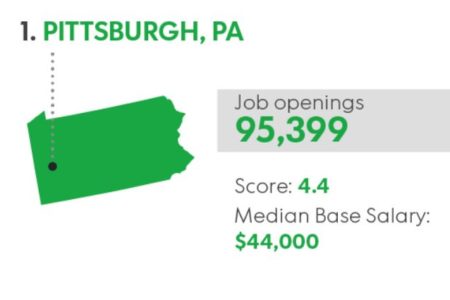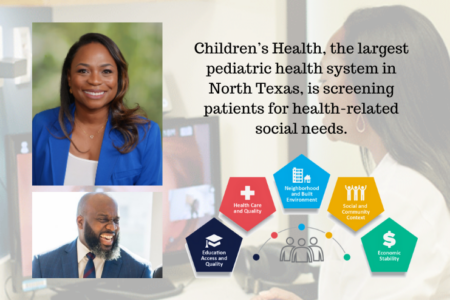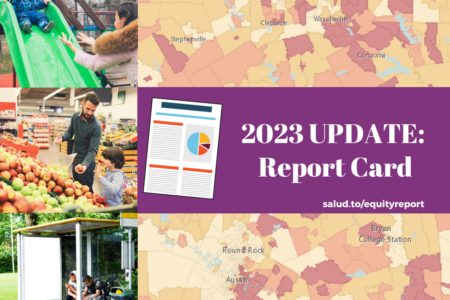
Share On Social!
Year by year, Latinos have become an increasingly important part of the U.S. workforce.
Latinos currently account for 16% of the country’s labor pool and these numbers are growing rapidly, according to the Society of Human Resource Management (SHRM).
By 2025, one out of every two new workers will be Latino as 66,000 Latino teens are turning 18 each month. As Latinos grow in numbers, their importance to the economy will only continue to increase.
However, a new report shows that Latinos generally are not living in the best cities for jobs.
The employment website Glassdoor recently unveiled a ranking of the top 25 cities in the country for jobs. The site based its rankings on the ability to find a job, satisfaction with the job and, quality of life.
“If you weigh (those criteria) equally, these are some of the surprising cities that come to the top,” said Glassdoor’s chief economist Andrew Chamberlain in an interview with USA Today.
What are the top cities for jobs?
The Midwest was heavily represented on the list, especially in the top five, with Pittsburgh, PA (2.72% Latino population) being named the best city in the country for jobs.
 The median home costs roughly three times the median base salary of $44,000 in Pittsburgh and jobs such as civil engineers, nurses, and project managers were in particularly high demand. Overall, there were over 95,000 job openings in the city.
The median home costs roughly three times the median base salary of $44,000 in Pittsburgh and jobs such as civil engineers, nurses, and project managers were in particularly high demand. Overall, there were over 95,000 job openings in the city.
“When many people think about moving for work, especially young people, they think about big cities with flashy brand names like New York and San Francisco,” said Chamberlain. “[While] those cities have many jobs, they’re also very expensive and competitive.”
Rounding out the top five were Indianapolis, IN (9.67% Latino), Kansas City, MO (10.03%), Raleigh-Durham, NC (12.1%), and St. Louis, MO (3.74%).
The bottom five were more heavily Latino, including Chicago, IL (21.8% Latino), San Jose, CA (26.5%), Charlotte NC (9.4%), Milwaukee, WI (10.2%), and Dallas, TX (28.4%)
“You might not work in San Jose or Seattle if you’re a software engineer,” Chamberlain said. “You might end up in Kansas City or Salt Lake.”
Read more about the link between employment and health equity here:
- Latinos Hit Hardest by Housing Market Collapse #SaludByZip http://salud.to/2ALhMPi
- Heavily Latino City among Worst in U.S. with Income Inequality #SaludIncome http://salud.to/2jLj3Sd
By The Numbers
142
Percent
Expected rise in Latino cancer cases in coming years



